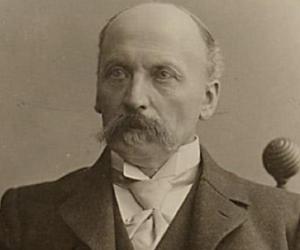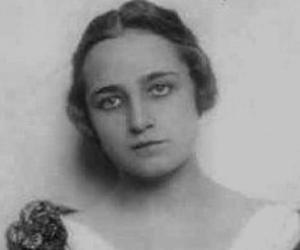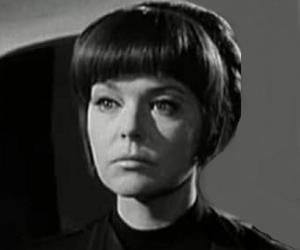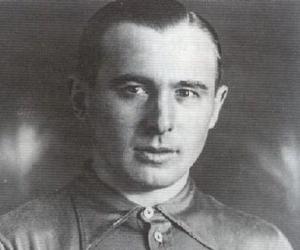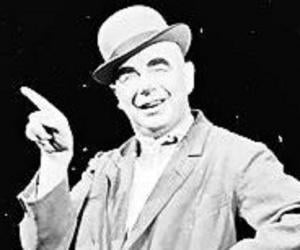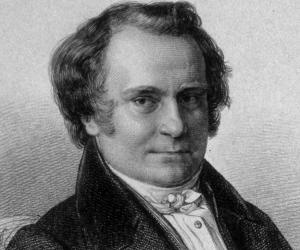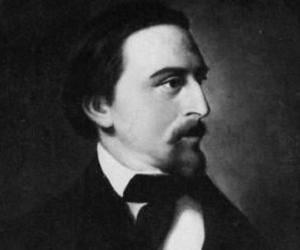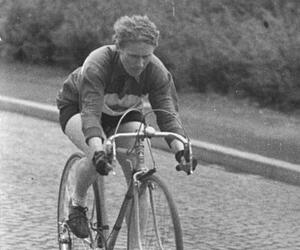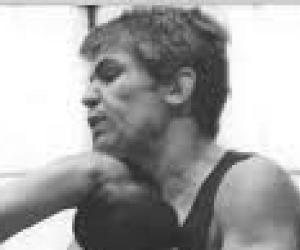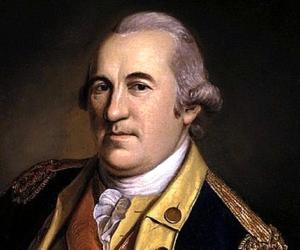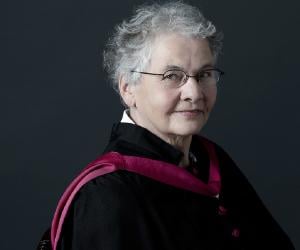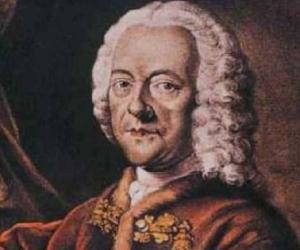
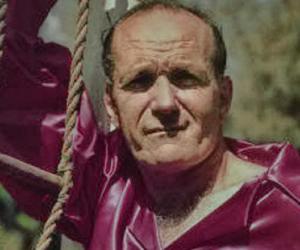
Christiane Nüsslein-Volhard is a German developmental biologist. She studied at the University of Tübingen where she earned a Ph.D. for her research on protein–DNA interactions. Together with biologist Eric Wieschaus and geneticist Edward B. Lewis, she received the Nobel Prize in Physiology or Medicine in 1995. She is also a recipient of the Gottfried Wilhelm Leibniz Prize.

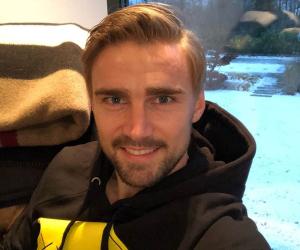

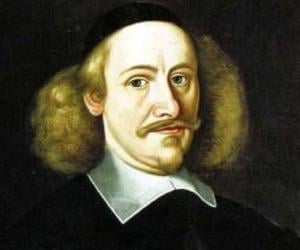
Otto von Guericke was a German inventor, scientist, and politician. He made several significant contributions to the development of the Scientific Revolution. He is also credited with inventing the first air pump which he used effectively to study the phenomenon of vacuum. His studies and observation helped reveal the fact that light unlike sound can travel through a vacuum.
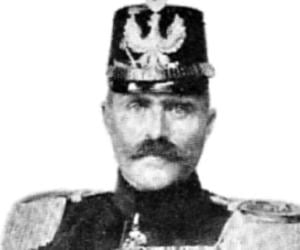
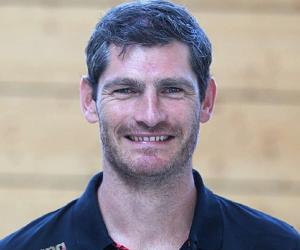
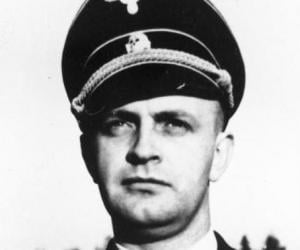
Heinz Hitler was a German Unteroffizier who served between 1939 and 1942 in the unified armed forces of Germany, Bundeswehr. Heinz belonged to the infamous Hitler family and was widely regarded as Adolf Hitler's favorite nephew. An ardent supporter of the Nazis, Heinz Hitler joined the Wehrmacht, the armed forces of Nazi Germany, at the dawn of World War II.
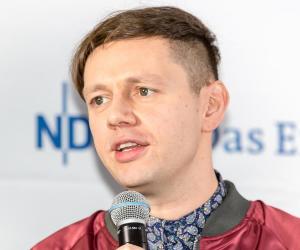
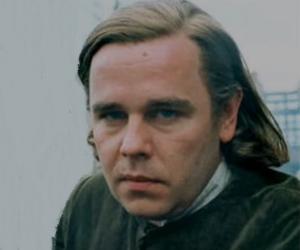
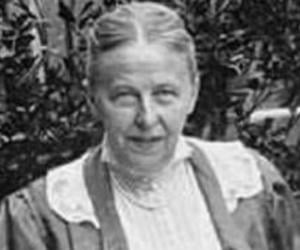

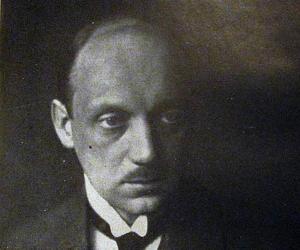
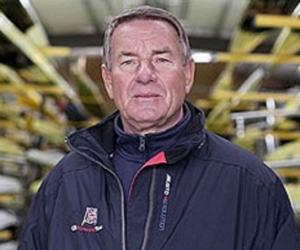
Known as the world’s most successful Olympic coach for any sport, German rowing coach Jürgen Gröbler has led teams to medals at every Olympic games from 1972 to 2016, except 1984. He coached both the East German and British national rowing teams and has also received the Order of the British Empire.
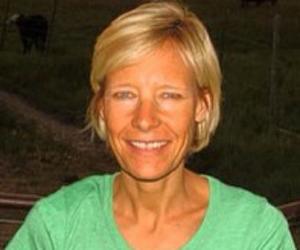
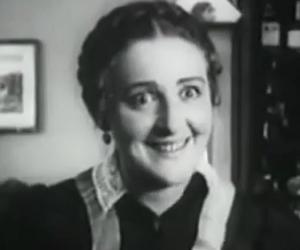
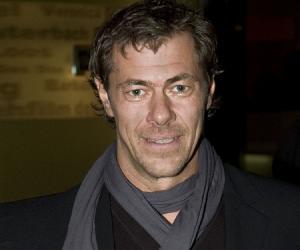
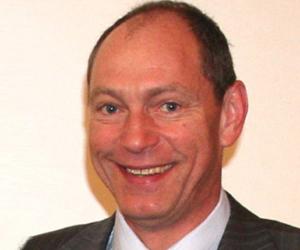


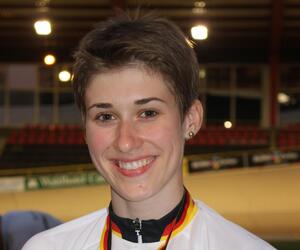
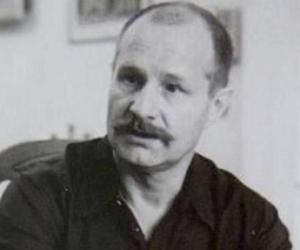
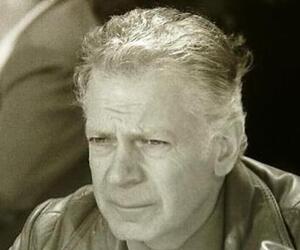


German geologist Hans Cloos pioneered the study of granite tectonics and rock deformation models. He had also taught at the universities of Breslau and Bonn. He had worked in Indonesia and Namibia, before exploring regions of Scandinavia, North America, and England. The prestigious The Hans Cloos medal is named after him.

